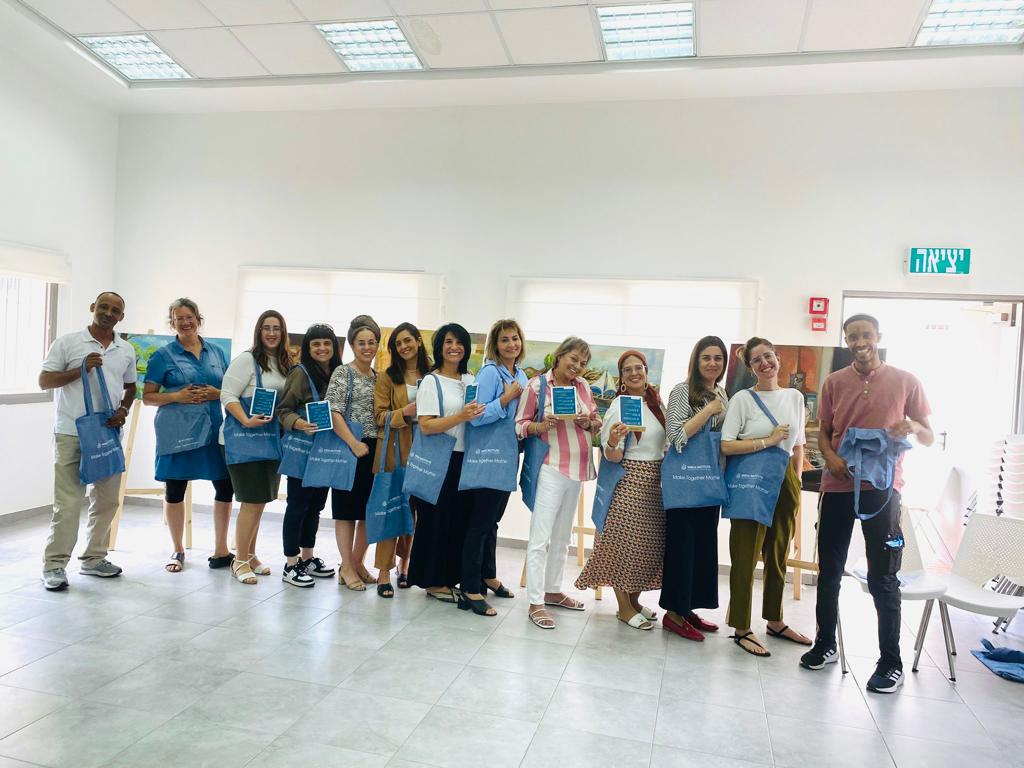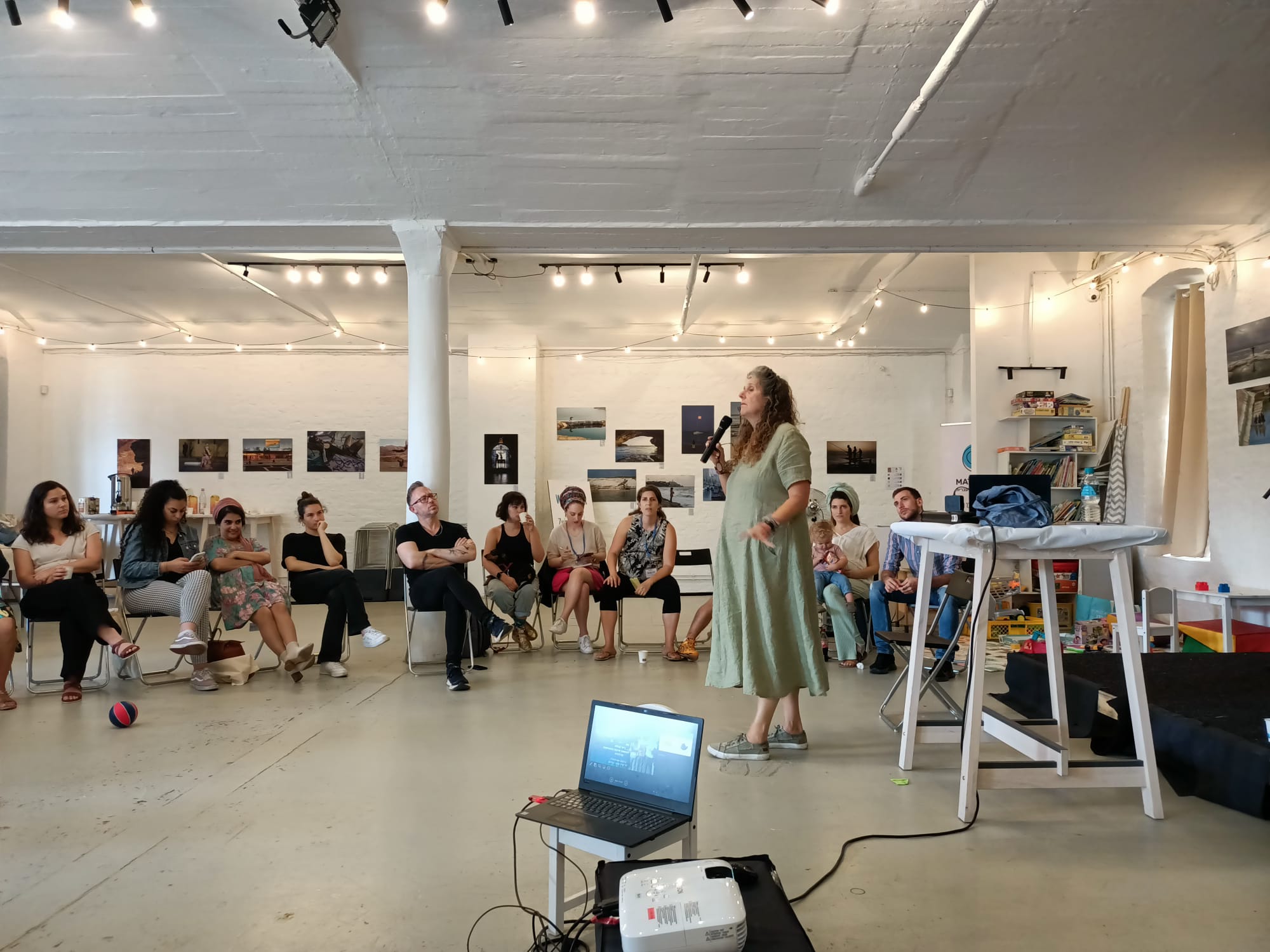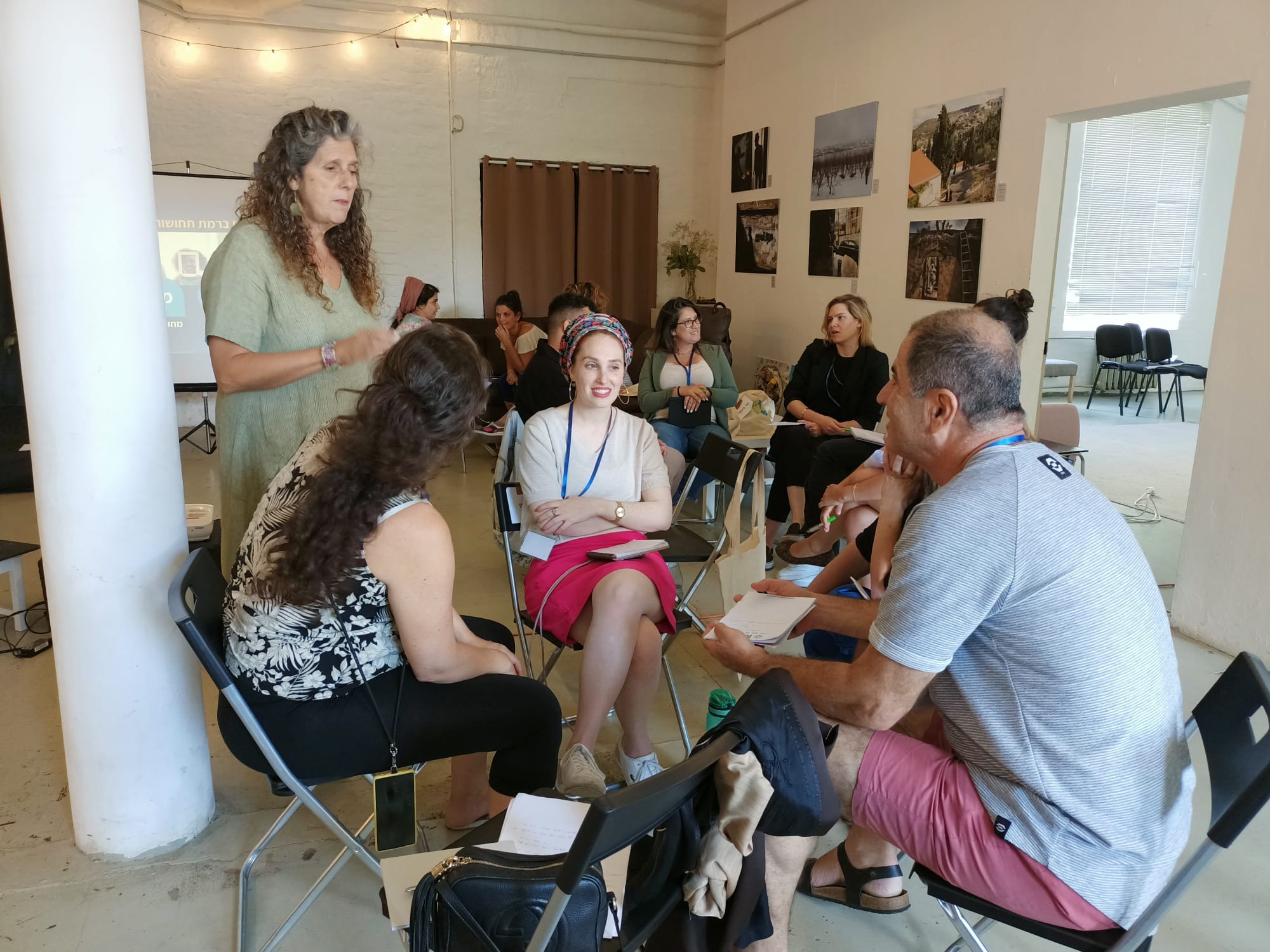Small Jewish schools, often situated in tight-knit communities, can offer educators a unique and appealing opportunity to broaden their professional perspectives and encourage them to extend their impact beyond the classroom. In such communities, where resources are more limited, teachers’ contributions carry greater weight, empowered and inspired to utilize their talents in a wide range of meaningful ways.
As dynamic hubs of academic excellence and community engagement, these institutions possess a wealth of unique assets that, when harnessed effectively, can enrich the wellbeing of both educators and the community as a whole.
Among these assets are the human and social resources, the skilled educators and staff who shape not only minds but also hearts. Serving as mentors, role models and sources of inspiration, these professionals extend their influence, guiding students and enriching the broader community. They are pivotal in shaping Jewish identity and fostering an environment where personal growth and collective learning thrive.
Educators in the Jewish landscape understand that Jewish identity and a sense of belonging extend beyond academics, valuing immersive experiences that connect students to their heritage. The local Jewish community is a substantial resource, offering a “classroom without walls” where students engage in meaningful activities reinforcing their Jewish connection. Whether participating in a communal ceremony, having a role in organizing a communal fundraising run, taking responsibility in a communal garden or having meaningful encounters with community members, students gain firsthand exposure to a broader Jewish framework of belonging.









